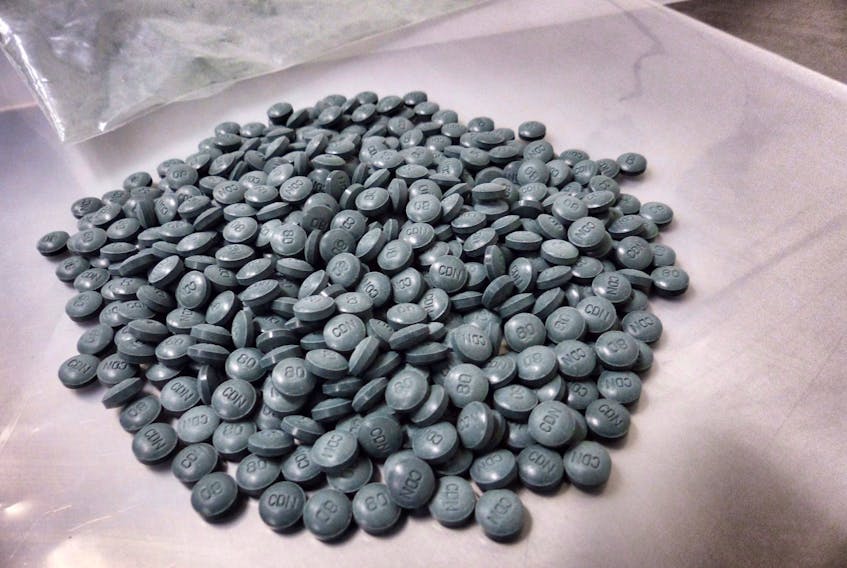Over the course of a single day, fentanyl was linked to three cases of overdose on P.E.I.
Although tragic and truly alarming, such an occurrence was also predictable.
Harm reduction organizations across the country have been sounding the alarm since national and provincial borders began to close in response to COVID-19; coronavirus mitigation efforts, however necessary, were going to have unpredictable impacts on the illegal drug supply in Canada and create a context of elevated risk for people who consume substances. And now, here we are.
Wondering how we got here? Here are a few things to know.
First, thanks to deceptive marketing on the part of pharmaceutical companies and overprescribing on the part of practitioners, opioid dependence surged in Canada. Between 1999 and 2010, for example, prescription opioid consumption quadrupled even though the number of Canadians reporting chronic pain stayed the same.
Second, as health authorities and governments worked to combat the opioid crisis with a focus on curbing supply, synthetic opioids emerged to fill the market void resulting in a contaminated drug supply and a sharp rise in overdose deaths. Between 2016 and 2019, 14,000 Canadians died from opioid-related overdose—22 of those people died in P.E.I.
Third, if we are sincere about addressing the overdose crisis, we must follow the evidence and accept that criminalization - not substance use - is the primary driver of drug-related harm. Under prohibition, people risk overdose, poisoning, infection, disease transmission, and death not because they use drugs, but because they are forced to rely on the illicit market.

COVID-19 response measures implemented by governments around the world have impacted every aspect of the illicit drug market.
In our country, two public health emergencies are colliding in real-time, but we can take action. We can move towards a legal and regulated supply.
I join activists across the country in calling on prescribers and government officials to consider and implement safe supply measures, while investing in harm reduction services, in order to better meet the needs of people who use drugs.
Fentanyl can be cut into non-opioid drugs like cocaine and speed. Naloxone reverses the effects of opioid overdose and is available through the Provincial Needle Exchange Program and PEERS Alliance. If you use drugs, no matter what you use, please carry naloxone. If you spend time with people who use drugs, please carry naloxone.
Angele DesRoches is the PEERS Alliance program co-ordinator.









